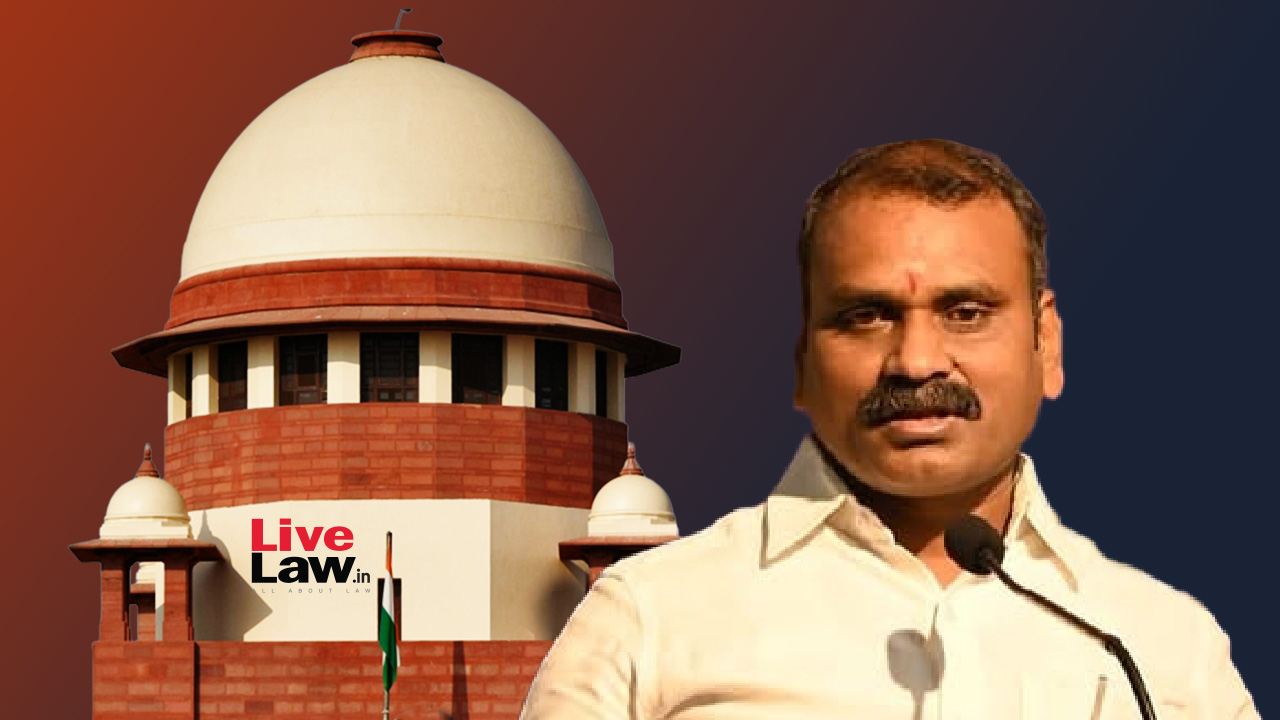 |
|
The Supreme Court of India delivered a significant ruling, quashing a defamation case filed against Union Minister L Murugan by the Murasoli Trust, the managing body of the DMK's mouthpiece newspaper. The case stemmed from alleged defamatory statements made by Murugan during a 2020 press conference. The court's decision hinged on a crucial development: the Murasoli Trust's decision to withdraw its prosecution following a statement from Murugan clarifying that he had no intention of harming the Trust's reputation. This act of withdrawing the case highlights a willingness on the part of the Trust to resolve the matter outside the formal legal proceedings. The Supreme Court's order explicitly acknowledges the Trust's graciousness in accepting Murugan's statement and subsequently dropping the charges. This resolution, achieved through a mutual understanding and a willingness to compromise, underscores the potential for conciliatory solutions in defamation cases, particularly those involving public figures and political discourse.
The context of Murugan's statements is crucial to understanding the Supreme Court's decision. He claimed that the statements, made while serving as Vice-Chairman of the National Commission for Scheduled Castes, were based on complaints he received. This context suggests that Murugan's remarks were not solely politically motivated but arose from his official responsibilities. However, the Murasoli Trust contended that Murugan's statements implied that the Trust was operating on Panchami land, land designated for Dalits in Tamil Nadu, thus questioning their land ownership. This claim fueled the defamation suit, arguing that Murugan's remarks damaged the Trust's reputation and implied illegality in their land ownership. The Madras High Court's initial refusal to quash the case stemmed from their interpretation that a reasonable person would perceive Murugan's statements as questioning the Trust’s land rights, regardless of Murugan’s intent. The High Court's assessment of the statements' impact on the average person solidified the need for a trial, underscoring the complexities of evaluating intention in defamation cases.
The Supreme Court's quashing of the case highlights the significant role played by Murugan's statement expressing a lack of intention to defame the Trust. This declaration effectively neutralized the core argument of the defamation suit. The court’s acceptance of this declaration as sufficient grounds to quash the case underscores the importance of intent in defamation law. While the Madras High Court focused on the potential interpretation by the 'common prudent man,' the Supreme Court's decision prioritizes the explicit declaration of the accused. This divergence in legal interpretation highlights the different approaches to defamation cases and the varying weight given to the intent of the speaker versus the potential impact on the recipient. The case also underscores the inherent challenges in navigating the intersection of political discourse and legal action. The Supreme Court's decision implicitly acknowledges the sensitivities involved in public statements made by political figures, particularly when dealing with potentially controversial topics involving land ownership and social issues.
The exchange between Justice Gavai and Senior Advocate Siddharth Luthra, suggesting the publication of the court's order in Murasoli, adds an interesting dimension to the resolution. This suggestion is perhaps a subtle but important point, hinting at the court's desire to see the matter resolved publicly and transparently. By suggesting this publication, the court subtly encourages a narrative of reconciliation and the resolution of the conflict outside of protracted litigation. The entire episode serves as a case study in the complexities of defamation law, the delicate balance between freedom of speech and the protection of reputation, and the potential for amicable resolutions in what could easily have become a drawn-out and contentious legal battle. The willingness of both parties to eventually find common ground demonstrates the potential for resolving conflicts even in highly charged political environments, illustrating a degree of maturity in managing disagreements within the Indian political sphere.
The case also raises questions regarding the standards for assessing defamation cases, especially those involving prominent political figures. The differing opinions of the Madras High Court and the Supreme Court highlight the intricacies of determining the intent behind statements and their potential impact on the general public. It shows how even a seemingly clear case can have multiple interpretations within the judicial system. The Supreme Court's decision, therefore, not only resolves a specific legal dispute but also contributes to the ongoing discourse on defamation law, highlighting the delicate balance between freedom of expression and the protection of reputation in the political landscape. The ruling will likely serve as a precedent in future cases, influencing the interpretation of intent in defamation cases and the role of statements made by political figures.
